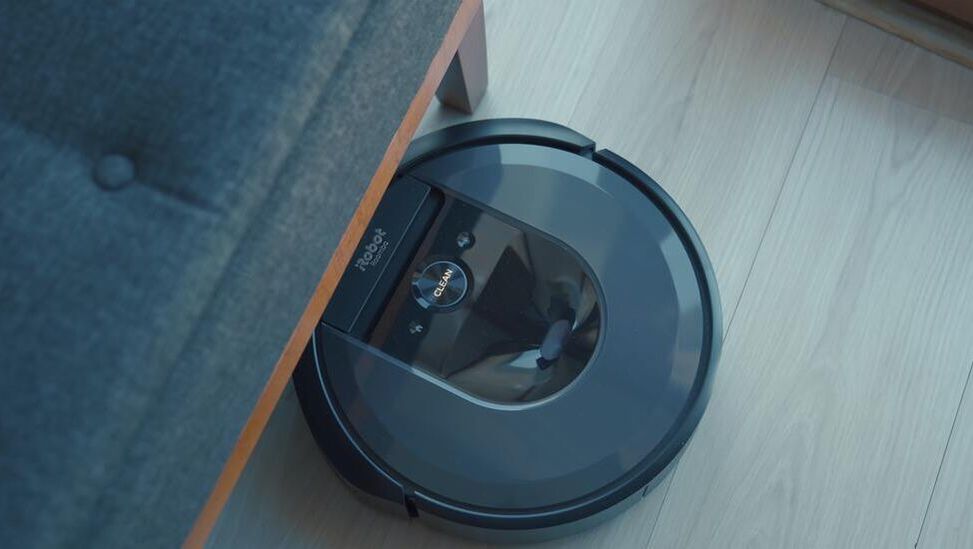|
Amazon continues its relentless growth as a private data behemoth. On August 5, Amazon announced it will buy iRobot Corp., the maker of the famous Roomba vacuum. While Amazon has an interest in promoting and selling the autonomous vacuum cleaner, it might be far more interested in what the vacuum can collect – and no, it’s not the dirt on your floors.
Great value rests in the Roomba’s ability to map your house, enabled by a technology called Smart Maps. According to iRobot Corp., Smart Maps allow your robot to remember the layout of the inside of your home so you can tailor your house cleaning. Over time as your Roomba develops a detailed map of the layout of your house, the kinds of objects it interacts with can provide critical data about you, your life, and anyone else in your home. For example, Bloomberg reports that “the size of your house,” which Roomba can detect, “is a pretty good proxy for your wealth. A floor covered in toys means you likely have kids. A household without much furniture is a household to which you can try to sell more furniture. This is all useful intel for a company such as Amazon which, you may have noticed, is in the business of selling stuff.” As Amazon continues to develop its smart home line of products, the data Roomba can acquire is the linchpin for further product integration. By themselves, current smart home products can’t really discern all that much about your house. As Bloomberg states, a smart home, “only knows that your Philips Hue lightbulbs and connected television are in your sitting room because you’ve told it as much. It certainly doesn’t know where exactly the devices are within that room. The more it knows about a given space, the more tightly it can choreograph the way they interact with you.” Nothing creepy about that. With the 2018 acquisition of Ring home security cameras, Amazon now has an unparalleled ability to monitor your home. At best, it means Amazon will be able to finely tailor advertisements to each individual consumer. At its worst, this kind of data could provide interested parties – perhaps through third-party brokers – with invasive information about you. We have already seen how Amazon has made agreements with thousands of police departments across the country to share video data from Ring cameras and to enable monitoring of entire neighborhoods. Who knows what can be done with the information Roomba can provide about the interior of your home? Comments are closed.
|
Categories
All
|


 RSS Feed
RSS Feed